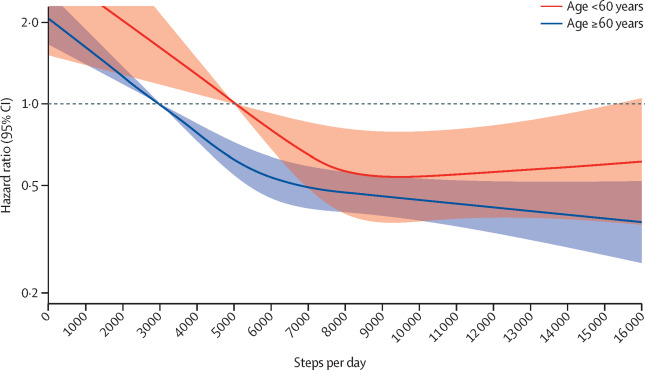Reprogram Your Brain
Are you using your brain right? The human brain has two thinking systems: A fast system and a slow system. The slow system is for carefully considering situations, and it uses a lot of energy. The fast system provides quick answers in routine situations and uses much less energy.
Our brains have evolved over thousands of years to automatically select which system to use. In every situation, the fast system gets the first try. In 98% of all cases, the fast system comes up with what it thinks is a good answer, and doesn’t even ask the slow system.
Fortunately, you can use the slow system to re-program the fast system. To change your behavior, think about a situation in advance and tell yourself what you want to happen. Your fast system might automatically say yes when your boss asks you to do one more thing today. Tell yourself that next time, you will say that you will do the task tomorrow. Simply stating your goal tells your fast thinking system that the automatic response is no longer the right answer.









